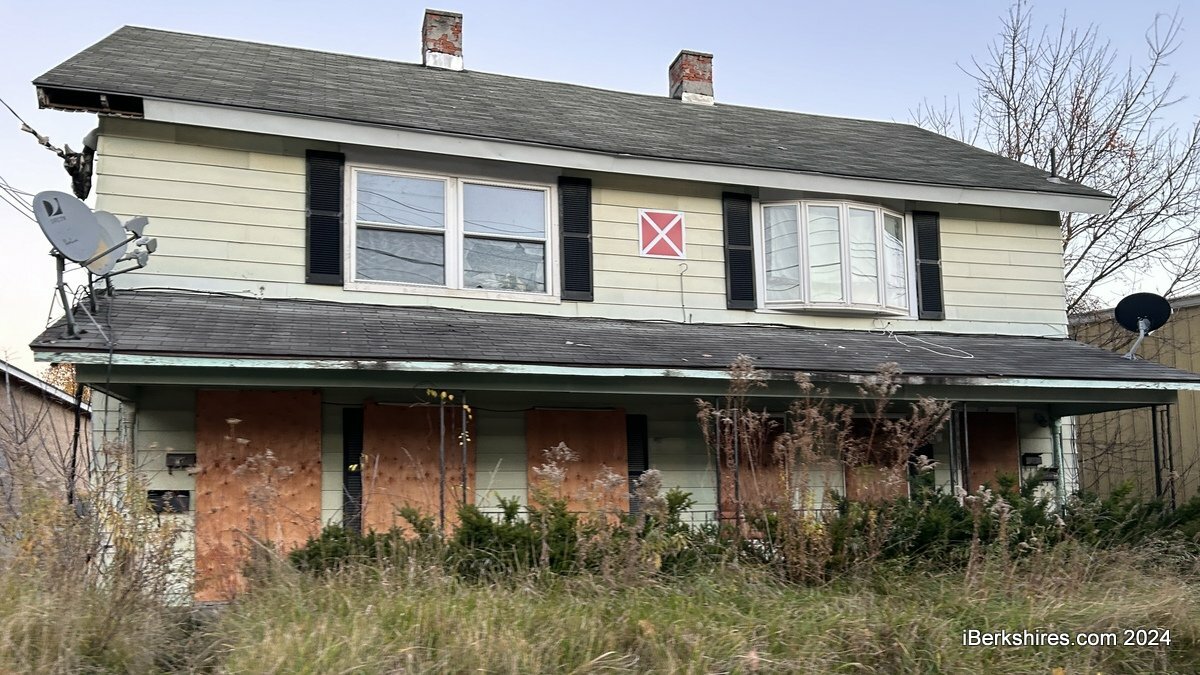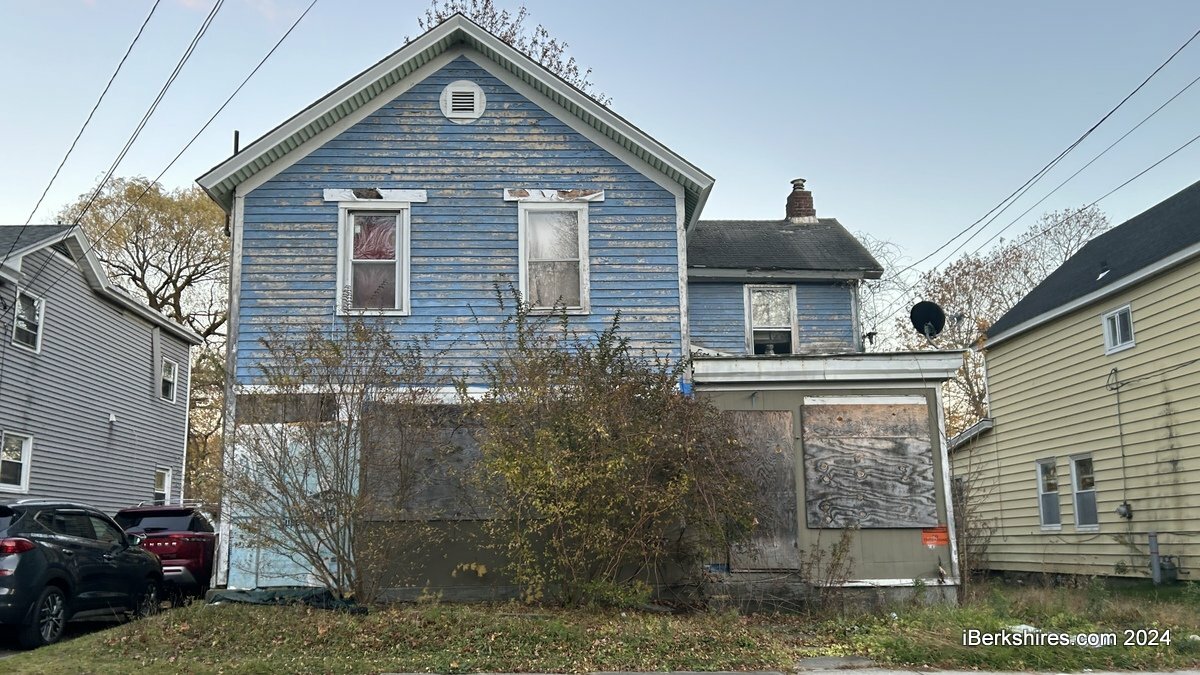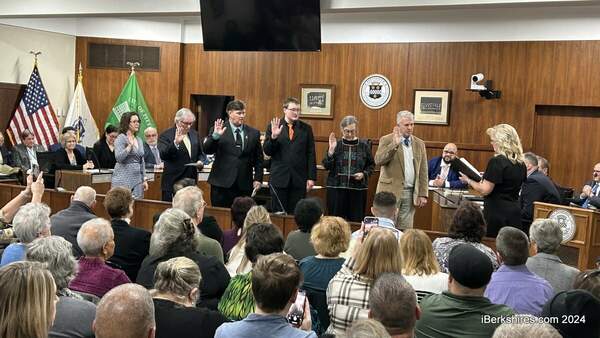

Pittsfield BOH Condemns Two Homes
PITTSFIELD, Mass. — Two more Pittsfield homes have been condemned.
The Board of Health voted Wednesday to condemn 86 John St. and 224 Fourth St. It came with a pang of sadness about demolishing homes during a housing crisis and a conversation about prevention.
"I would think many years ago this property had flowers in front of it," Chair Roberta Elliott said about the John Street home. "It was not like this."
Another member said it feels like capital punishment to the properties.
Both homes have no owner or heir who wants to take responsibility for them. The city has 43 open condemnation orders — about 20 residential.
"The condemnation can be as simple as no running water, no electricity," Code Enforcement Office Andrew Gagnon said. "So it is a spectrum of severity."
The four-bedroom John Street property has been sitting since 2018 and the Fourth Street multifamily has been subject to break-ins despite being secured and deemed unsafe by the Fire Department.
"It's unfortunate that so many properties on John Street have had to meet the wrecking ball," Gagnon said.
"But in a case like this, it seems it would be more money to get it back up to code than what it could potentially be worth."
Director of Public Health Andy Cambi reported that the city is attempting to begin a receivership program for vacant buildings. According to Mass General Law Chapter 111, Section 1271, if a receiver is appointed they can bring the property to sanitary code and repair it.
"We want to be able to kind of get in there with our city solicitor and see if we can manage a receivership program, meaning that we have the court appoint a vendor to address an immediate need," he said.
He explained that the city provides potential buyers with a vacant buildings list but, unfortunately, people usually walk away because of their condition.
Board member David Pill asked if the lawns could be maintained after properties are abandoned or condemned, speculating that they might be more appealing to investors if overgrowth was cleared.
"I'll definitely speak on behalf of the board and our department to say that from our interest that it would be ideal to have a schedule for city crews to be able to address supplemental growth on properties that have blight," Cambi said.
"And it might help make it more appealing to investors if there's maintenance on it."
The city has also looked into updating its ordinance to allow cleanup on blighted properties.
Elliott added that a blighted property sitting there for many years doesn't help anyone. She asked what the city was doing about properties teetering on the edge of being condemned.
"I think we've always talked with other departments about the tax taking and being more proactive with that because essentially, that's really the only way that the city can take ownership of it," Cambi said, explaining that the properties become complicated when there are no owners.
Elliott recognized this is a hard job and it is frustrating to see condemnations come through when the housing stock is so limited.
"It's a very complicated problem," she said. "I hate to be at the point where our only option is to condemn and demolish. It feels like that's the only option we have here."
Tags: blight, BOH, demolition,















